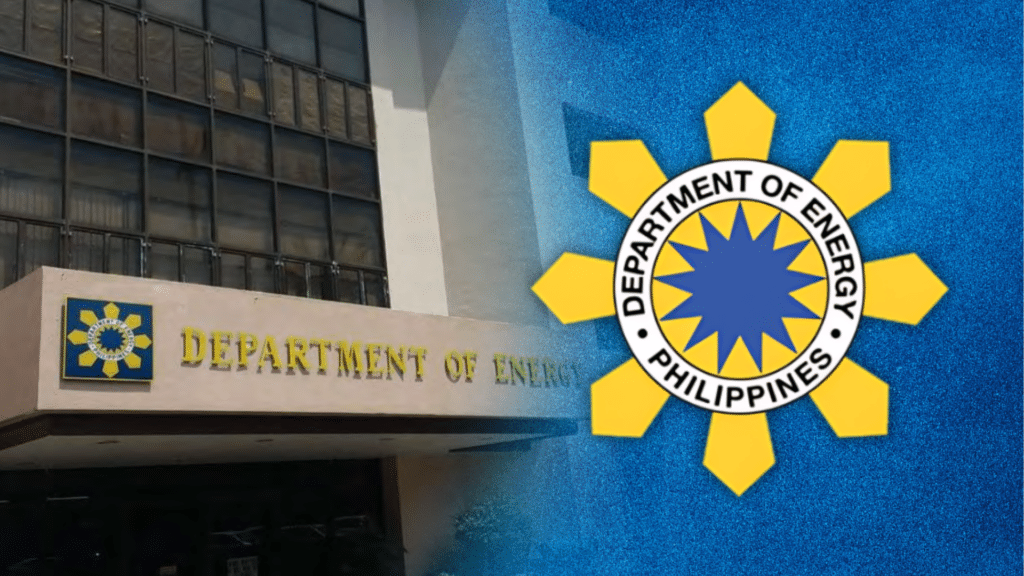
MANILA, Philippines – The Department of Energy (DOE) is beefing up its monitoring efforts to ensure that every oil company in the local market is compliant with the government’s order to increase their biofuel blend, a move aimed at cutting dependence on imported fuels and reducing greenhouse gas emissions.
In its circular issued in May, the DOE mandated downstream oil industry players to increase the coco methyl ester (CME) blend to 3 percent, from the current 2 percent, in diesel fuel sold nationwide, effective October 1.
Citing data from the United Nations Intergovernmental Panel on Climate Change (IPCC) Carbon Emission Calculator, it said the 3 percent CME blend would displace around 300 million liters of pure diesel every year, subsequently slashing 1.11 percent in carbon emissions or around 298.2 kilotons of carbon dioxide.
In a statement on Friday, DOE Undersecretary Alessandro Sales said fuel retailers had enough leeway to make adjustments, giving them no reason to not adhere to the government’s mandate.
“The OIMB (Oil Industry Management Bureau) will now conduct inspections at bulk depots to enforce compliance,” he said.
“Timely action at the depot level is crucial to maintaining an up-to-date and efficient fuel distribution chain.”
Gasoline stations would also be covered by the inspections “in the coming weeks,” according to the DOE.
Any industry player found non-compliant will face penalties of up to P300,000. A revocation of their accreditation or registration is also on the table.
Meanwhile, aside from environmental benefits, the local coconut sector could also get a boost as over 900 million coconuts would be needed to produce the CME requirements.